May 20, 2025
Reclaiming Your Identity Beyond Work: Insights from Simone Stolzoff
In a world where our jobs often define us, Simone Stolzoff challenges the notion of identity tied to work. This blog explores her insights on how to reclaim your life, diversify your identity, and foster a healthier relationship with work.
The Question of Identity
In our modern society, the question "What do you do?" often serves as a primary means of identifying oneself. This inquiry, while seemingly innocent, can lead to an unfortunate conflation of our professional roles with our identities. From a young age, we are conditioned to think that our job is the essence of who we are. This perception can limit our understanding of self and hinder our ability to explore other facets of our identities.
Simone Stolzoff highlights the importance of recognizing that our work is just one part of our lives. By embracing a more holistic view of identity, we can begin to appreciate the multiple roles we play—be it as friends, family members, or community contributors. This broader perspective allows us to cultivate a richer, more fulfilling life, free from the constraints that a singular identity can impose.
Expanding Our Identity Beyond Work
To truly diversify our identities, we must actively seek out and engage in activities that resonate with our passions outside of our jobs. Whether it’s pursuing hobbies, volunteering, or simply spending quality time with loved ones, these experiences help us develop a more rounded sense of self. They remind us that we are not defined solely by our career paths but rather by the values and interests we nurture.
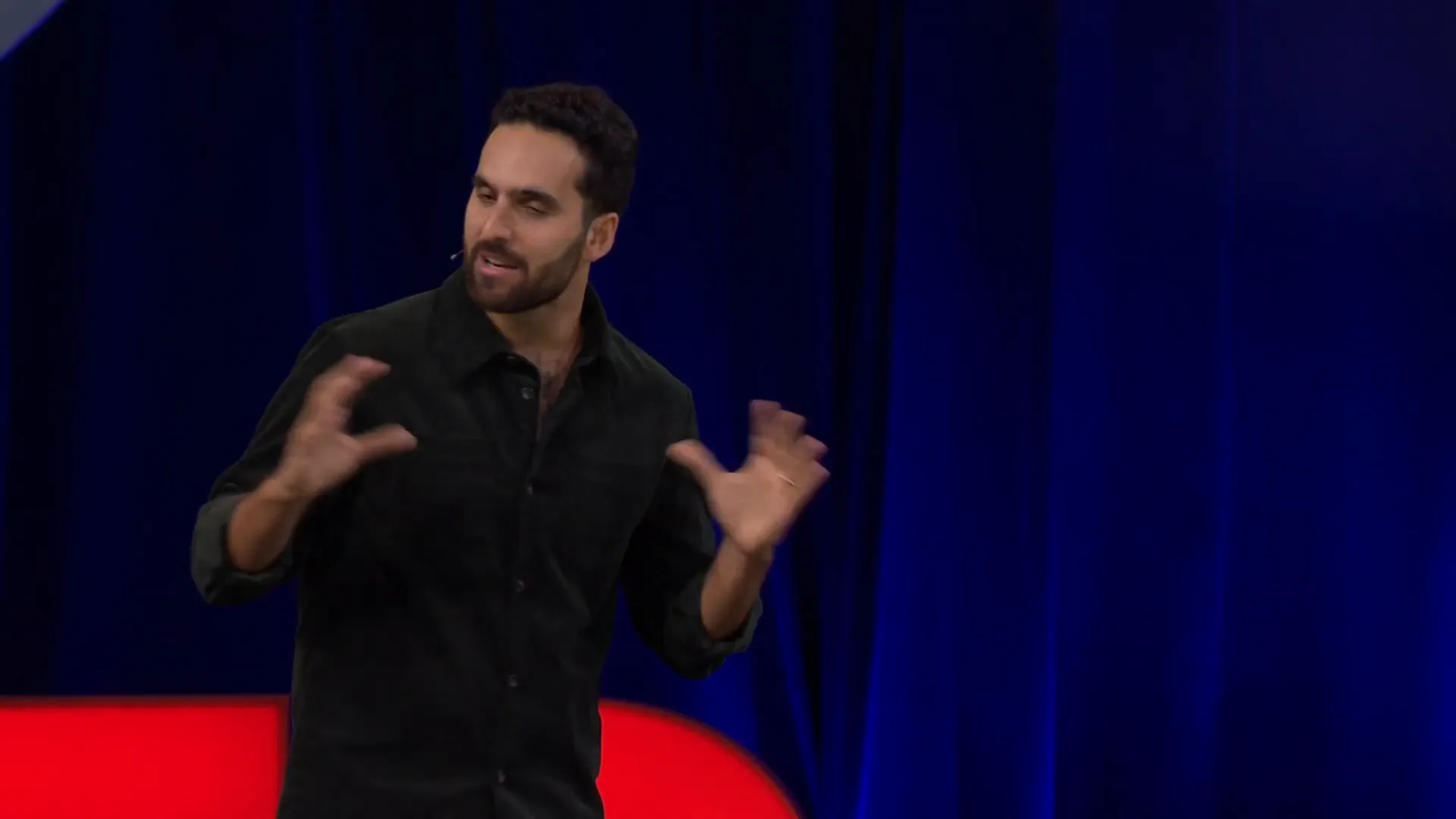
The Impact of Job Titles
Job titles can carry significant weight, often shaping how we perceive ourselves and how others perceive us. They can confer status, respect, and even self-worth. However, the reliance on titles can lead to a narrow understanding of our value. When we tie our self-worth to our job titles, we risk losing sight of our intrinsic value as individuals.
Stolzoff encourages us to challenge the notion that a job title defines our contributions to society. Instead of fixating on professional labels, we should focus on the impact we have on our communities and the relationships we build. This shift in perspective can liberate us from the confines of corporate hierarchies and empower us to define our worth based on our actions and values.
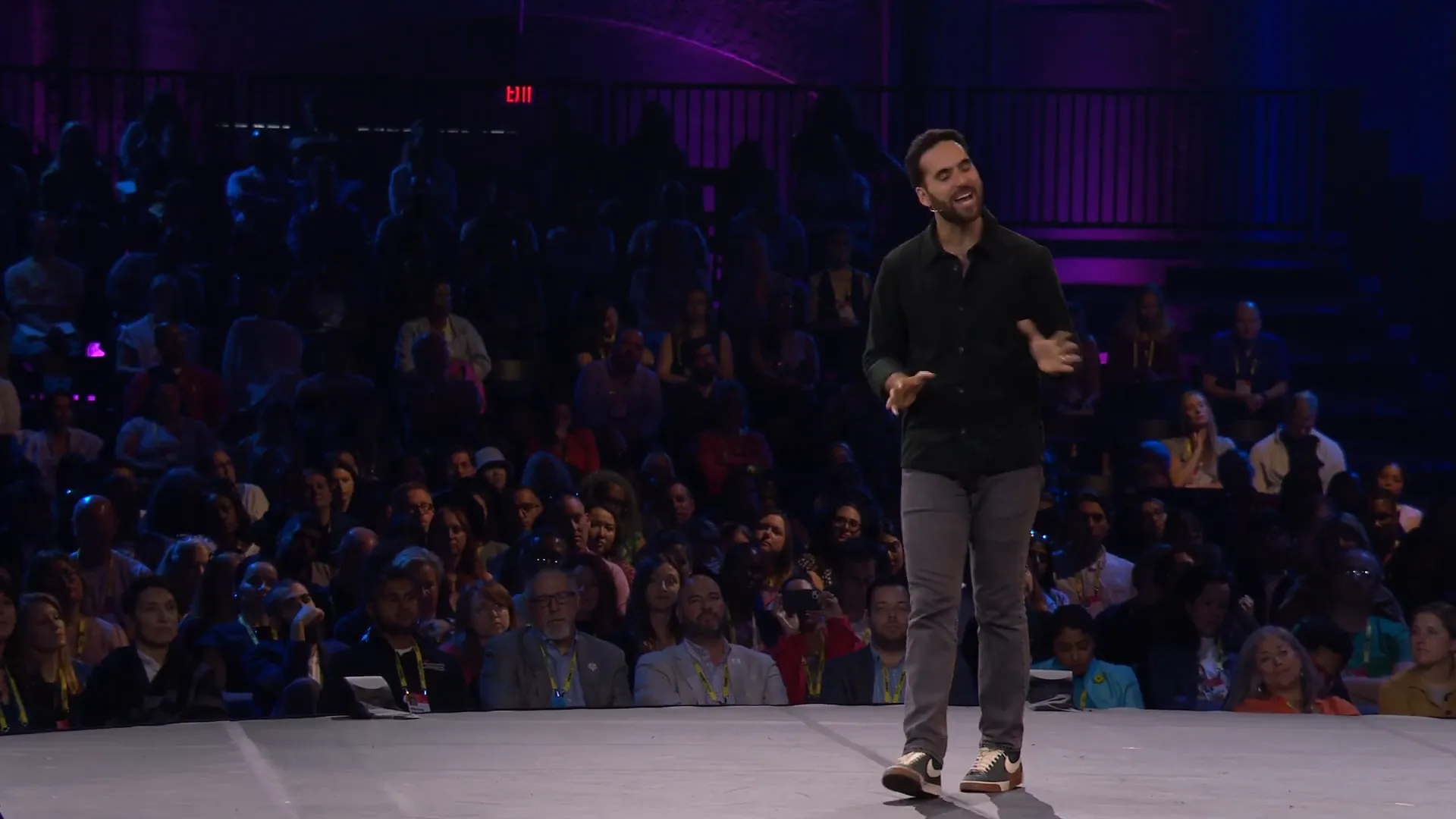
The Myth of 'Do What You Love'
The popular mantra of "do what you love and you'll never work a day in your life" can be misleading. While it’s a beautiful idea, it doesn’t account for the complexities of life. Many people find themselves in jobs that may not align with their passions, yet they derive fulfillment from other aspects of their lives. Stolzoff emphasizes that it’s perfectly acceptable to work in a job that supports your passions rather than being defined by them.
This myth can create undue pressure to find a career that perfectly aligns with our interests, which is not only unrealistic but can also lead to dissatisfaction. Instead, we should embrace the idea that it’s okay to have a day job that allows us the financial freedom to pursue what we love in our personal time. This balanced approach can lead to greater happiness and fulfillment.
Understanding Work-Life Balance
Work-life balance is often discussed in terms of time management—how we allocate our hours between work and personal life. However, true balance goes deeper than just scheduling. It requires a fundamental shift in how we view work and its role in our lives. Stolzoff suggests that we must construct our identities in a way that allows us to prioritize our values and interests outside of work.
Creating "time sanctuaries" where work is off-limits is crucial. These sanctuaries serve as dedicated spaces for personal growth, creativity, and connection with others. By intentionally carving out these moments, we reinforce the importance of our identities beyond professional obligations.
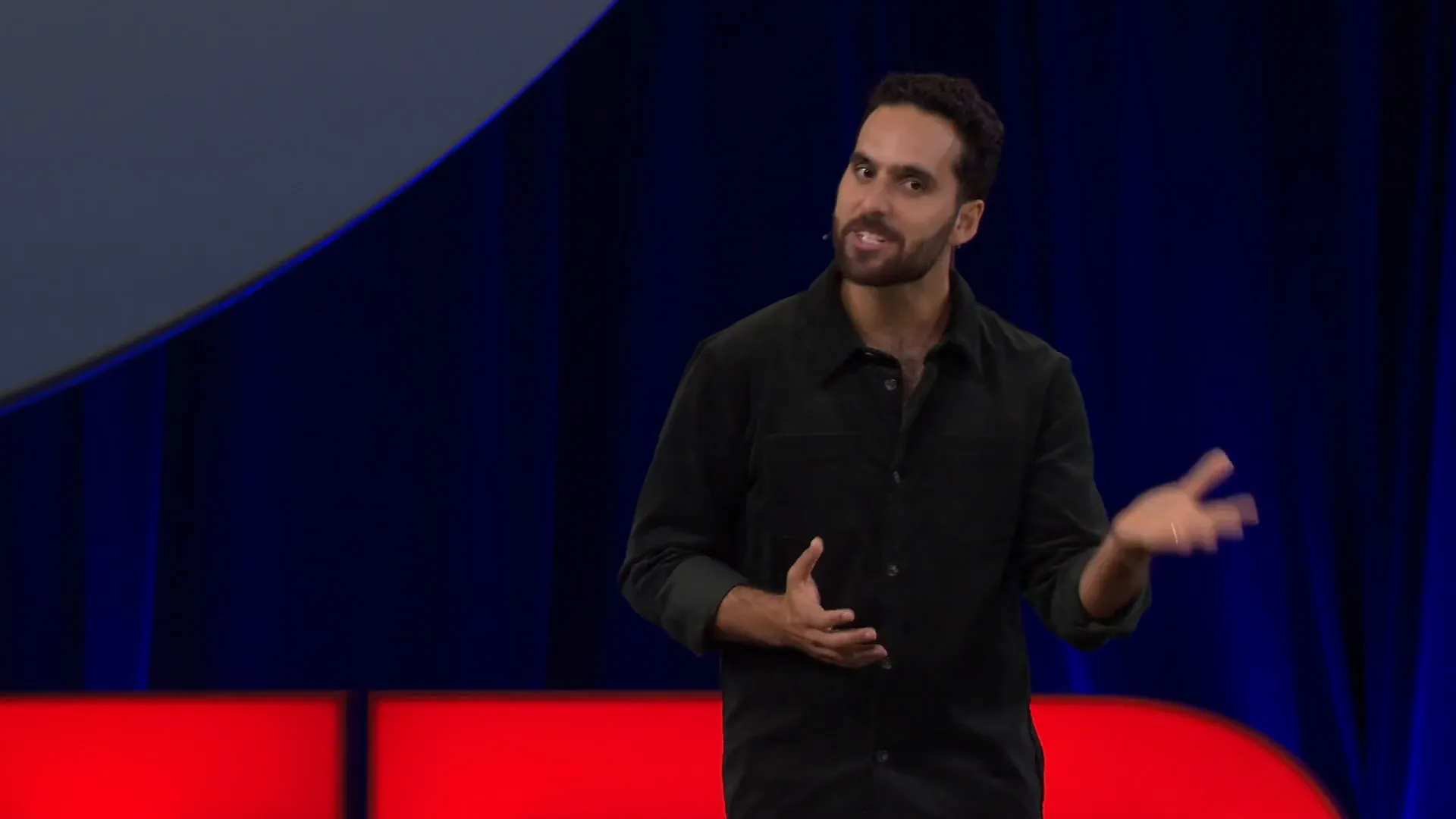
The Reality of Burnout
Burnout is a pervasive issue in today’s workforce, affecting nearly half of all workers globally. The conventional approach to addressing burnout often focuses on temporary fixes, such as vacations or self-care rituals. However, Stolzoff argues that these methods fail to tackle the root causes of burnout, which are often tied to our identities and how we perceive our work.
To combat burnout effectively, we need to examine our relationship with work and make systemic changes. This includes diversifying our identities and finding meaning in areas outside of our jobs. By doing so, we can build resilience against burnout and foster a healthier, more sustainable approach to work.
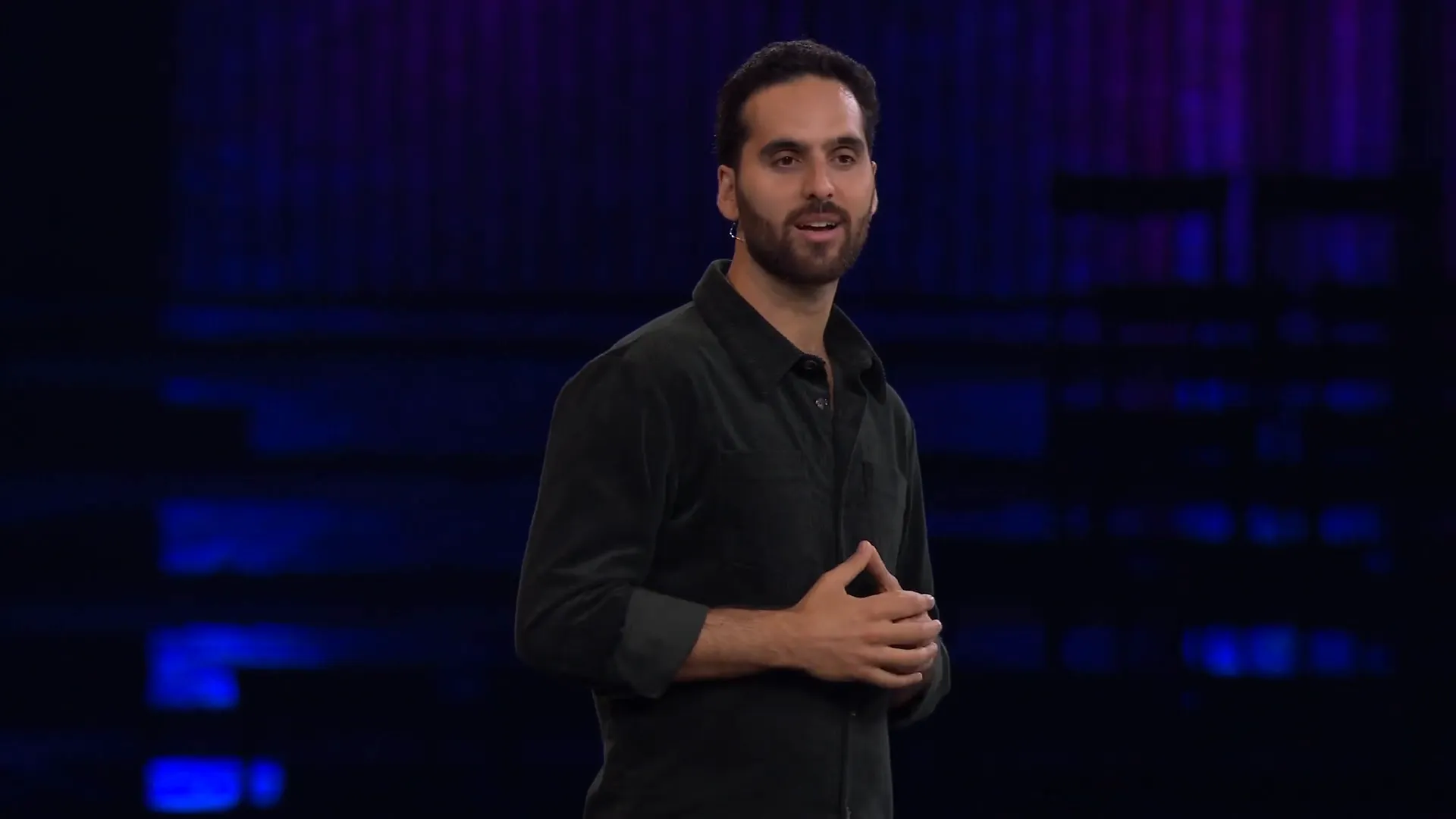
Going Deeper: Addressing Identity
To reclaim our identities, we must start by acknowledging that we are multifaceted beings. Stolzoff emphasizes the importance of engaging in activities that reinforce our identities beyond work. This may include pursuing hobbies, volunteering, or simply spending time with loved ones. These experiences enrich our lives and remind us of our worth outside of professional achievements.
Additionally, joining communities that celebrate our diverse interests can further strengthen our identities. Engaging with others who share similar passions allows us to connect on a deeper level, fostering relationships that are not contingent on our job titles. This sense of belonging can be incredibly empowering and can help us thrive both personally and professionally.
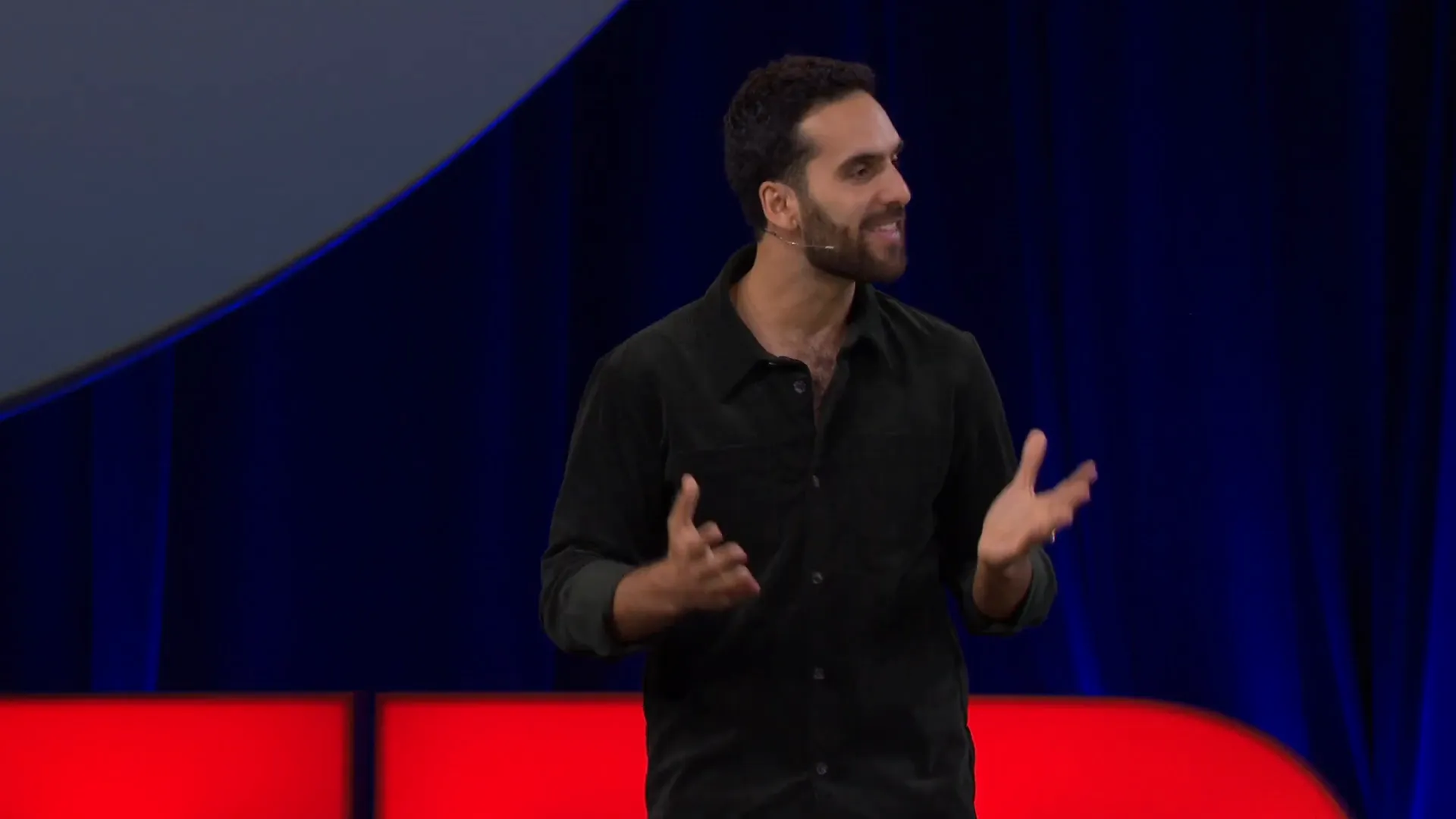
Diversifying Sources of Meaning
To reclaim our identities, it's essential to diversify our sources of meaning. Just as investors spread their assets across various sectors, we can enrich our lives by seeking fulfillment in multiple areas. This diversity not only adds depth to our identities but also enhances our resilience during challenging times.
Consider the hobbies and activities that spark joy beyond your work. Engage in art, music, sports, or community service. Each of these pursuits contributes to a richer tapestry of who you are, allowing you to draw strength from various aspects of your life.
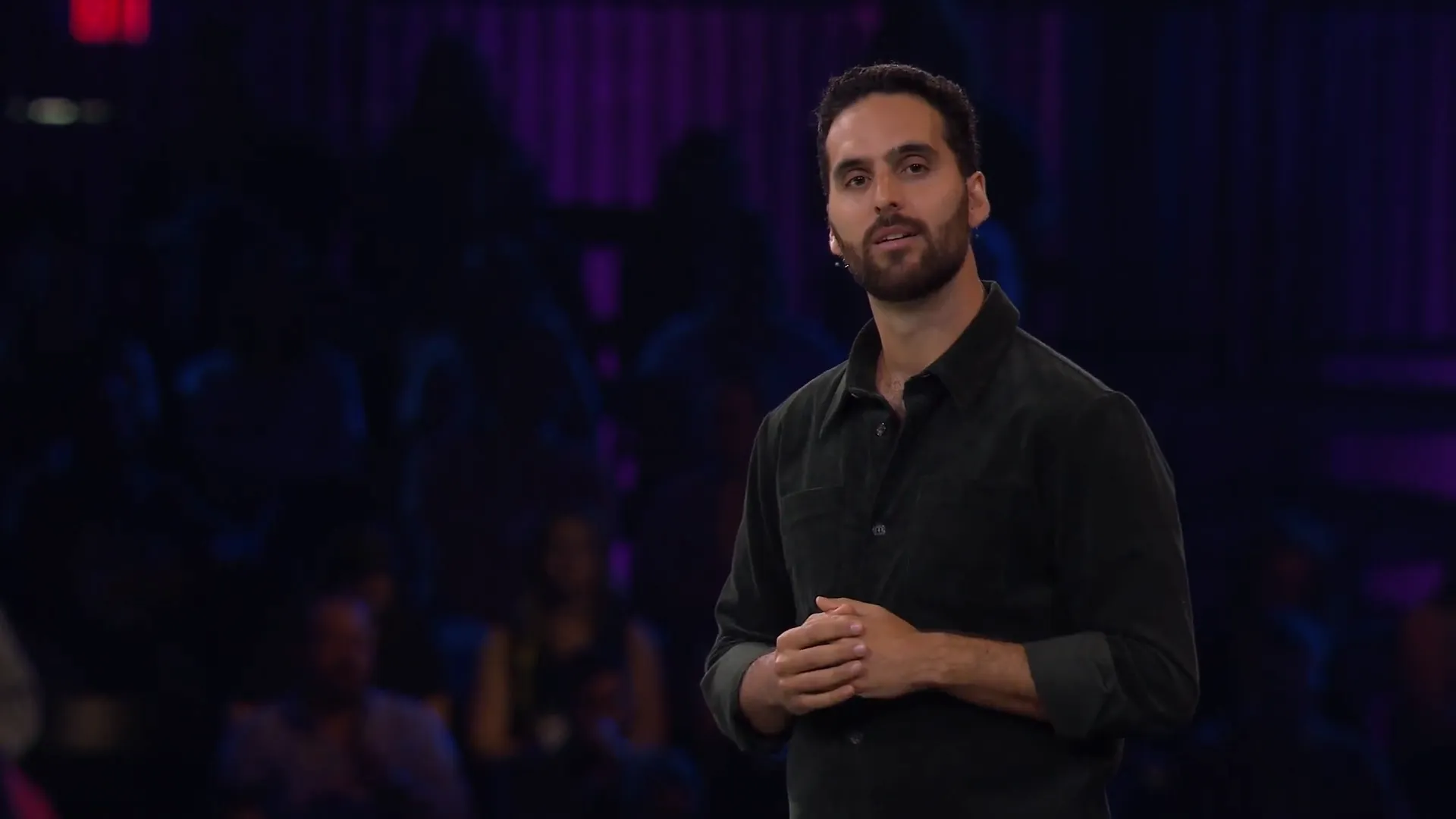
Creating Time Sanctuaries
Creating time sanctuaries is a vital step in reclaiming our identities. These sanctuaries are intentional spaces within our schedules where we disengage from work and immerse ourselves in personal interests. It could be a weekend dedicated to family, a weekly book club, or a daily meditation practice.
To establish these sanctuaries, prioritize them on your calendar. Treat them with the same importance as work meetings. By doing so, you signal to yourself that these moments are essential for personal growth and fulfillment.
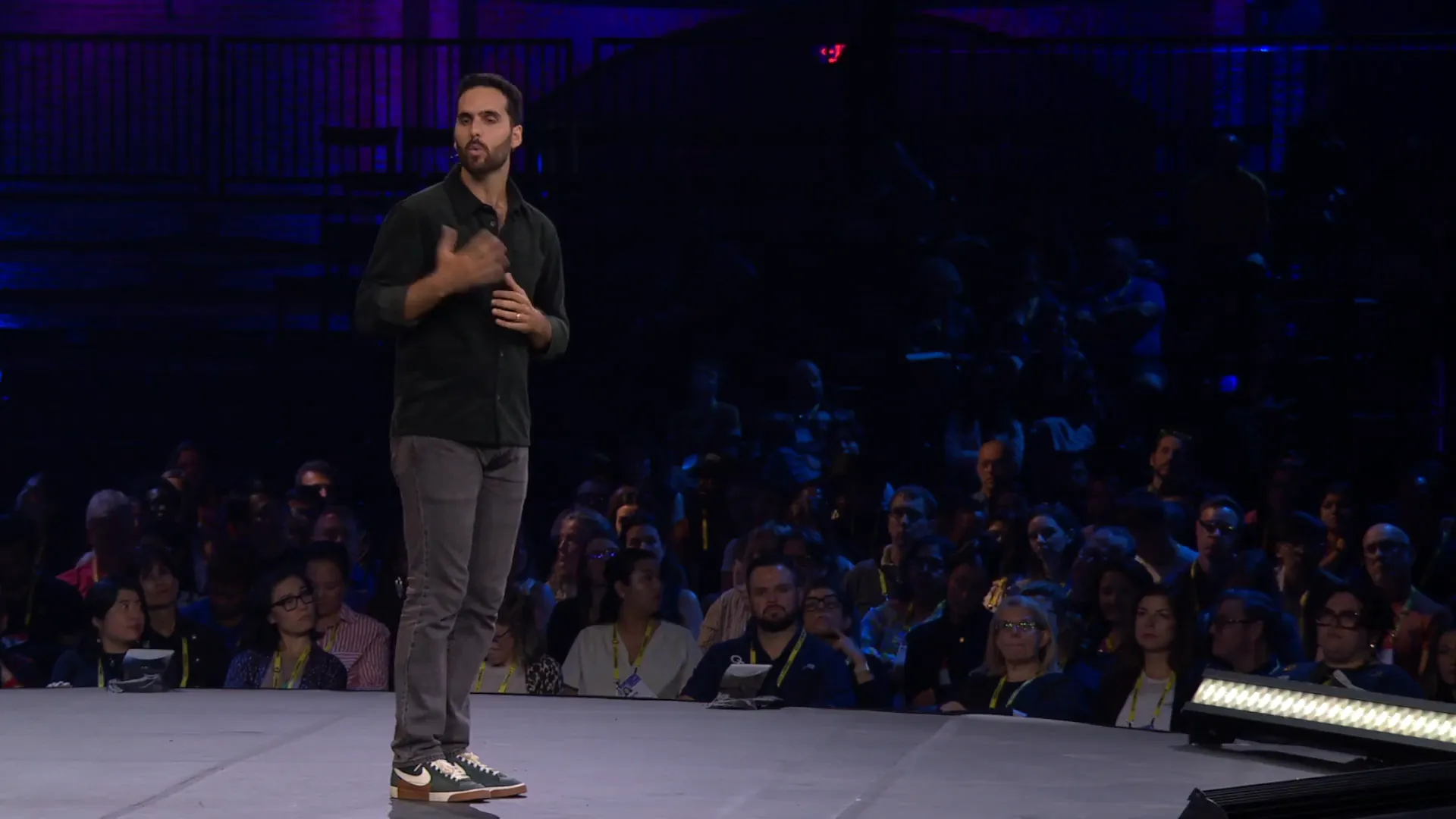
Activities that Reinforce Identity
Engaging in activities that reinforce your identity is crucial for personal development. Whether it's painting, hiking, or participating in community events, these experiences help solidify who you are outside of work. They serve as reminders of your passions and the values you hold dear.
Participating in community gardening, for instance, not only contributes to the environment but also fosters a sense of belonging. Connecting with others who share similar interests can amplify the joy derived from these activities, further reinforcing your identity.
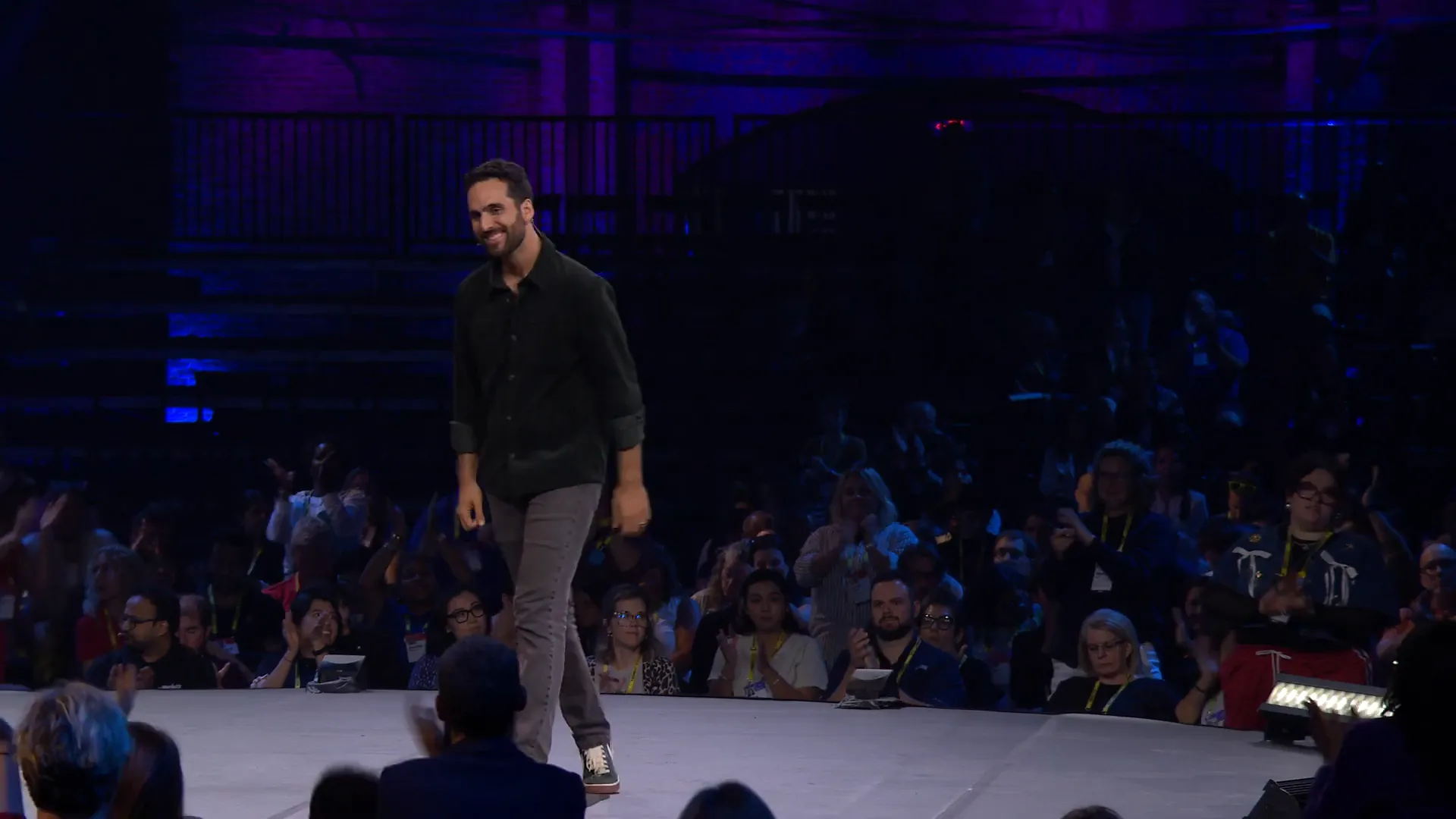
The Power of Small Steps
Reclaiming your identity doesn't require grand gestures. In fact, small, consistent actions can lead to significant changes. Instead of overwhelming yourself with ambitious goals, start with manageable steps. This could mean dedicating ten minutes a day to a new hobby or scheduling a weekly gathering with friends.
These small steps can build momentum, gradually transforming your routine and expanding your sense of self. Remember, it's about progress, not perfection. Each small action contributes to a larger narrative of a well-rounded identity.
Building Communities Beyond Work
Building communities that exist outside of work is essential for nurturing diverse identities. These communities provide support, friendship, and a sense of belonging that is not tied to professional achievements. Engaging in groups centered around hobbies or shared interests fosters connections based on mutual passions.
For example, joining a local book club or a sports team allows you to interact with others who appreciate similar activities. These relationships can serve as a reminder that your worth is not solely defined by your job, but by the connections you cultivate in various aspects of life.
The Business Case for Diverse Identities
Diverse identities can also have a positive impact on your professional life. Research indicates that individuals with varied interests and experiences tend to be more innovative and effective problem solvers. By engaging in pursuits outside of work, you can enhance your creativity and bring fresh perspectives to your job.
This diversity of thought can be particularly advantageous in collaborative environments. Teams that embrace varied backgrounds and experiences are often more successful in generating innovative solutions and navigating complex challenges.
The Moral Imperative of a Well-Rounded Life
In an era where professional success often overshadows personal fulfillment, it is imperative to recognize the moral imperative of leading a well-rounded life. Simone Stolzoff emphasizes that our identities should encompass more than just our professional achievements. By investing in our personal lives and interests, we not only enrich our own experiences but also contribute positively to society.
When we prioritize our multifaceted identities, we set an example for future generations. This shift in perspective encourages a culture where individuals are valued for their diverse contributions rather than just their job titles. By fostering this mindset, we can cultivate communities that are robust, resilient, and interconnected.
Creating a Culture of Balance
To create a culture that values balance, we must collectively redefine success. Success should not be solely measured by professional milestones but also by the richness of our personal lives. It involves recognizing that meaningful relationships, community involvement, and personal passions are equally important.
Encouraging open dialogues about the importance of work-life balance can help dismantle the stigma associated with prioritizing personal well-being. We should celebrate those who pursue passions outside of their careers and create spaces where individuals feel safe to express their multifaceted identities.
Teaching Future Generations
One of the most powerful ways to ensure a shift in societal values is through education. Teaching future generations about the importance of multi-dimensional identities can profoundly impact how they perceive themselves and their worth. By instilling these values early on, we can help children understand that their value is not solely tied to their professional achievements.
Encouraging children to explore diverse interests, engage in community activities, and pursue hobbies fosters a well-rounded sense of self. Schools and parents should emphasize the importance of creativity, empathy, and collaboration—traits that extend beyond the workplace.
Role of Parents and Educators
Parents and educators play a crucial role in shaping the mindset of future generations. By modeling healthy work-life balance and demonstrating that fulfillment comes from various sources, they can inspire children to cultivate their interests and passions. This means sharing stories of personal growth, resilience, and the importance of community involvement.
Additionally, incorporating lessons about emotional intelligence and interpersonal skills in school curriculums can equip children with the tools they need to navigate their identities effectively. These skills will enable them to form meaningful relationships and contribute positively to their communities.
Redefining Conversations About Work
Conversations about work often focus on roles, titles, and achievements. However, redefining these conversations can lead to a more enriching dialogue about identity. Instead of asking, "What do you do?" we can shift to asking, "What do you enjoy doing?" or "What passions drive you?" This simple change can open pathways to deeper connections and understanding.
Engaging in discussions that explore individual values, interests, and experiences allows us to appreciate the diverse identities that exist beyond professional titles. It fosters an environment where people feel seen and heard for who they are, not just what they do.
The Impact of Language on Identity
The language we use shapes our perceptions of identity. By consciously choosing words that reflect a broader understanding of self, we can influence how others perceive their worth. Encouraging conversations that emphasize personal passions, hobbies, and community contributions can help dismantle the narrow definitions of success tied to job titles.
Moreover, it’s essential to lead by example. Sharing our own multifaceted identities can inspire others to reflect on their lives and the diverse aspects that make them unique. By championing a broader narrative about identity, we contribute to a culture that values holistic well-being.
Conclusion: Defining Ourselves on Our Own Terms
As we move forward in redefining our identities, it is crucial to remember that we have the power to define ourselves on our own terms. The journey to reclaiming our identities beyond work is not just a personal endeavor; it is a collective movement towards a healthier society.
By embracing our multifaceted selves, we can foster a culture that values diverse contributions and nurtures well-being. It is time to challenge societal norms that equate worth with work and instead celebrate the richness of our lives outside of professional achievements.
FAQs
What does it mean to have a well-rounded identity?
A well-rounded identity encompasses various aspects of who you are, including your interests, values, relationships, and contributions to your community. It recognizes that you are more than just your job and includes hobbies, passions, and personal connections.
How can I start diversifying my identity?
Start by exploring activities and hobbies that interest you outside of work. Join community groups, take up a new sport, or volunteer for causes you care about. Small, consistent actions can lead to significant changes in how you view yourself.
Why is it important to teach children about diverse identities?
Teaching children about diverse identities helps them understand that their worth is not solely tied to their future jobs. It encourages them to explore their passions and develop meaningful relationships, leading to healthier self-esteem and a well-rounded perspective on life.
How can language influence our perception of identity?
The language we use shapes how we perceive ourselves and others. By asking questions that focus on interests and passions instead of job titles, we can foster deeper connections and encourage a broader understanding of identity.
What role does community play in personal identity?
Community plays a vital role in shaping personal identity by providing support, connection, and shared experiences. Engaging with diverse groups allows individuals to explore different aspects of themselves and reinforces the idea that identity is multifaceted.
Made with VideoToBlog